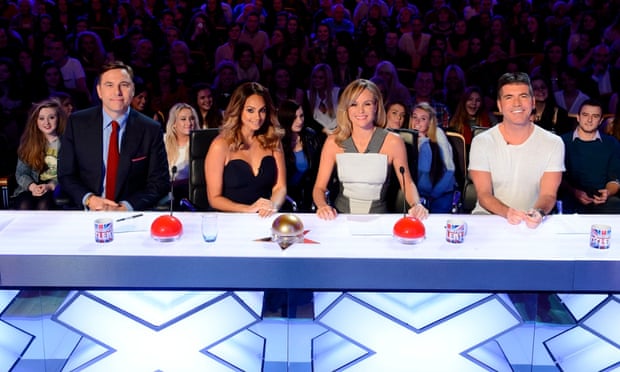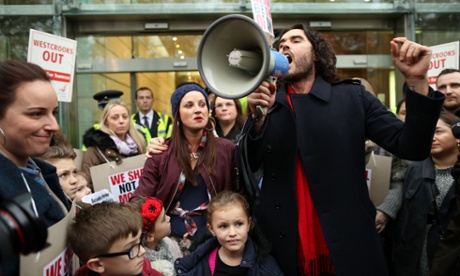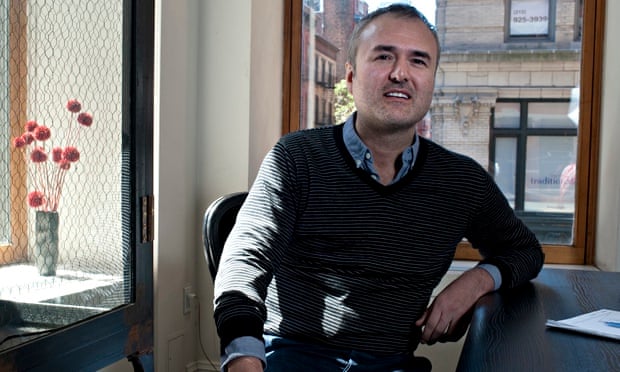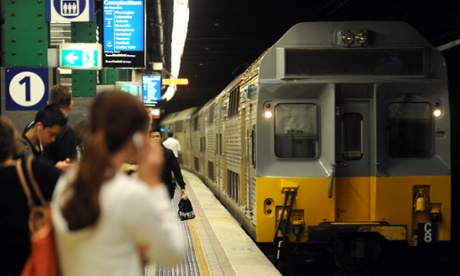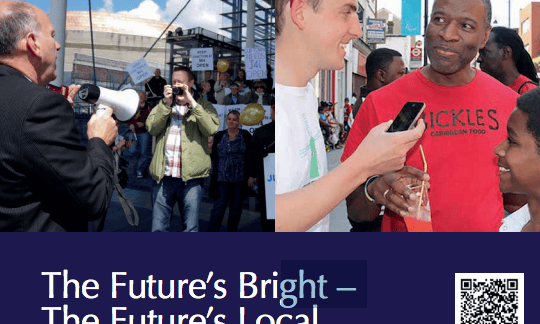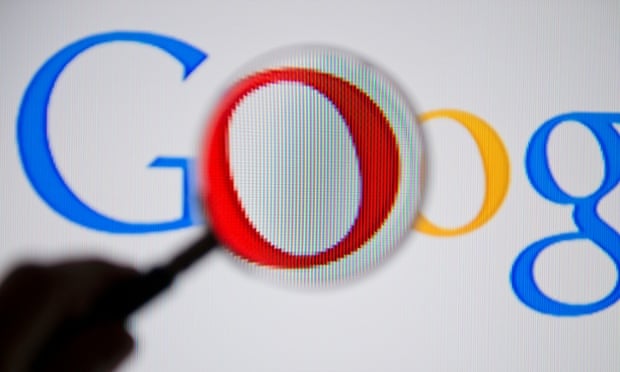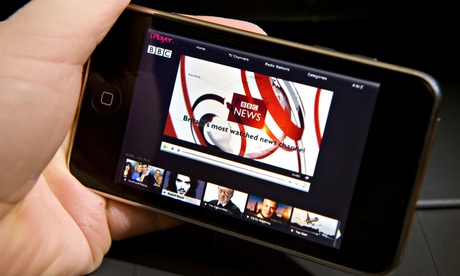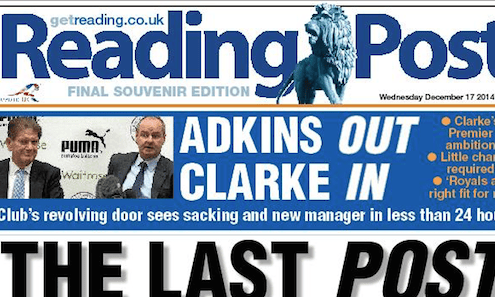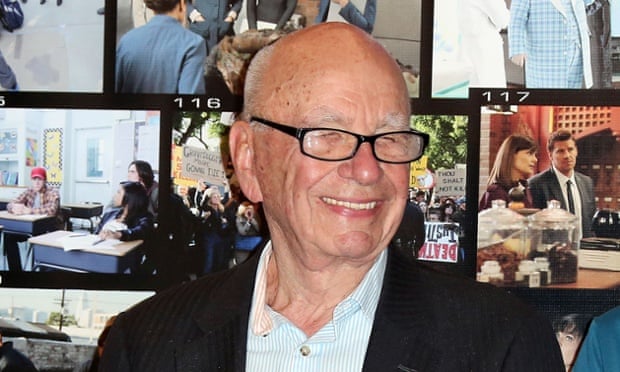'Attack on journalism': WikiLeaks responds to Google's cooperation with US govt

Google’s willingness to surrender the private emails of WikiLeaks staffers to the United States government amounts to an “attack on journalism,” a representative for the whistleblower group says.
Kristinn Hrafnsson, an Icelandic journalist who joined WikiLeaks as the group’s spokesman in 2010, said he’s “appalled” that Google gave up his personal correspondence and other sensitive details to the US government in compliance with a search warrant served to the tech giant, apparently in an effort to bring charges against the anti-secrecy organization and its editor, Julian Assange.
“I believe this is an attack on me. As a journalist for now almost 30 years, I think this is an attack on journalism,” Hrafnsson said Monday at a press conference in Geneva, Switzerland.
Earlier that day, WikiLeaks announced that the Google accounts registered to three staffers – Hrafnsson, investigations editor Sarah Harrison and senior editor Joseph Farrell – had been the subject of federal search warrants served to the tech giant in March 2012.
According to Hrafnsson, the warrants compelled Google to give up the contents of the WikiLeaks staffers’ Gmail accounts, including deleted messages, draft emails, photo attachments and information about the IP addresses where those accounts had logged on from.
The fact that Google have been able to access people's personal information and messages for their own use perhaps highlights the fact that the democratisation offered by the internet is an illusion. In truth everything we post on the internet such as blogs, are all posted on a site owned by a large institution, the elite, who ultimately holds the power to remove, delete, or edit our post if we chose, therefore showing that even online we are in the hands of the elite, following the Marxist theory.
